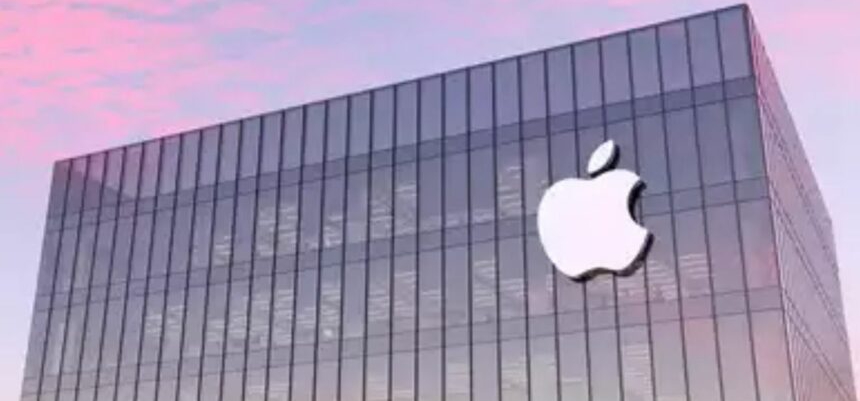
Apple
U.S. Govt lawsuit targets Apple’s alleged monopoly
The U.S. government’s latest antitrust lawsuit targeting Apple draws parallels to the landmark case against Microsoft in 1998, signalling a potential shift in the dynamics of smartphone competition.
However, legal experts caution that while the strategy may mirror the past, the contemporary landscape of the iPhone market presents unique challenges.
Unlike Microsoft’s near-monopoly over desktop software, Apple operates in a vastly different arena today, with the smartphone market characterized by a diverse array of competitors.
This divergence could pose hurdles for antitrust enforcers seeking to challenge Apple’s alleged dominance in the smartphone industry, according to legal analysts.
The Department of Justice, joined by 15 state governments, accuses Apple of monopolistic practices, specifically targeting its restrictions on app developers, which purportedly stifle innovation and limit consumer choice.
Apple vehemently denies these allegations, emphasizing its commitment to fair business practices.
Central to the government’s case is the argument that Apple’s actions suppress competition in various sectors, including messaging apps, digital wallets, and smartwatches.
For instance, the notorious “green bubble” issue, affecting iPhone users communicating with Android users, exemplifies the alleged hindrances imposed by Apple’s ecosystem.
In contrast to Microsoft’s past infractions, where it restricted software installations on computers, Apple’s control over its app store presents nuanced legal distinctions.
While Apple maintains the autonomy to design products and engage in contracts, concerns arise when such practices impede competition in the long run, as noted by antitrust scholar Douglas Ross.
Market dynamics further complicate the case, with Apple holding a significant but not overwhelming share of the smartphone market, particularly in North America.
The Justice Department seeks to define the market narrowly as the U.S. smartphone sector, while Apple advocates for a broader global perspective.
Comparing the current situation to the Microsoft case, where Microsoft’s monopoly was undisputed, legal experts anticipate a tougher legal battle for the government against Apple. Despite previous legal challenges, including Epic Games’ unsuccessful antitrust case, the government remains undeterred, signalling a commitment to promoting competition in the tech industry.
Plaintiffs’ lawyer Patrick McGahan suggests that the government’s willingness to pursue high-stakes cases reflects a broader strategy aimed at fostering competition and innovation.
Similarly, litigator Melissa Maxman views the lawsuit as a positive step toward enhancing market dynamics, echoing the transformative impact of the Microsoft case on the tech landscape.
